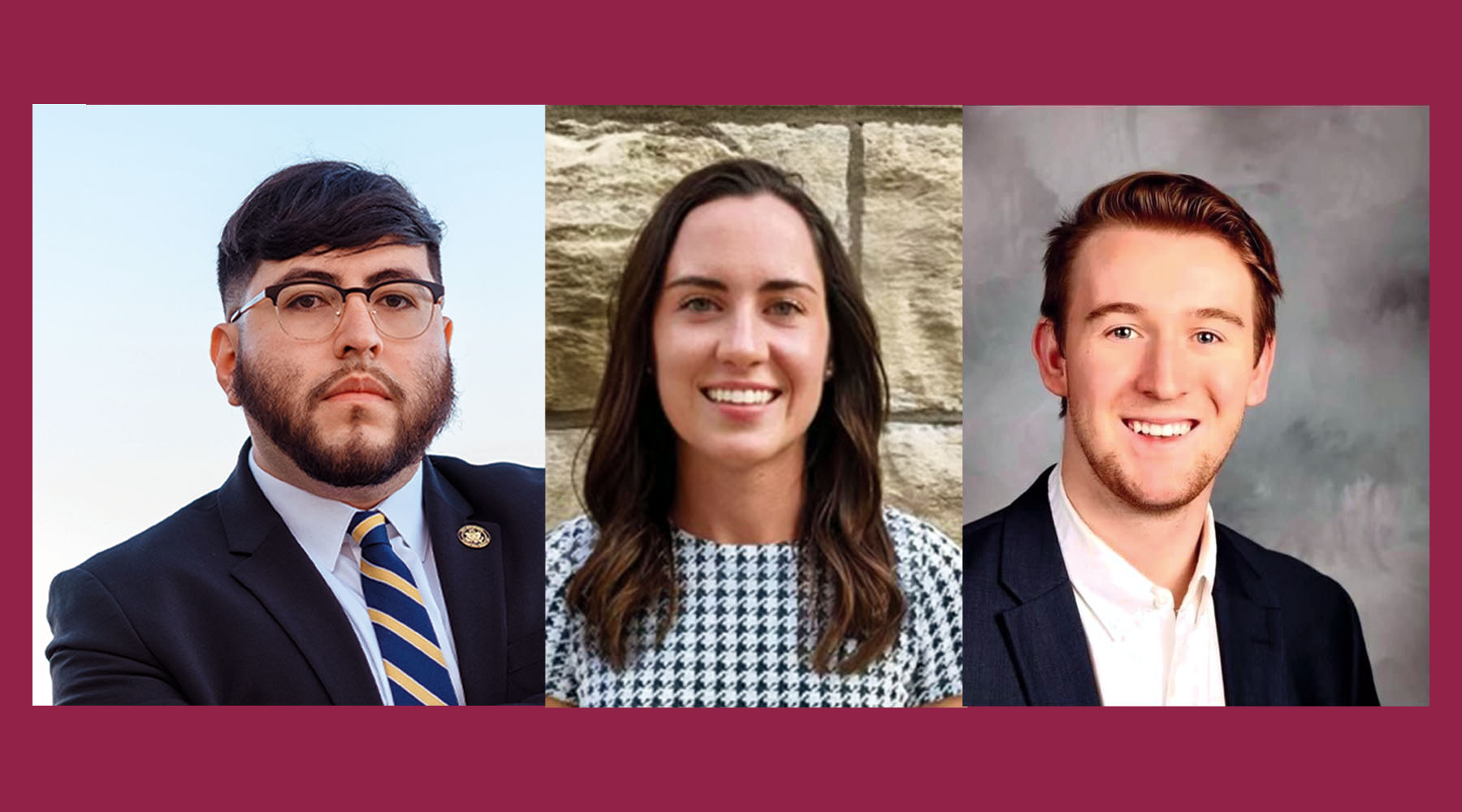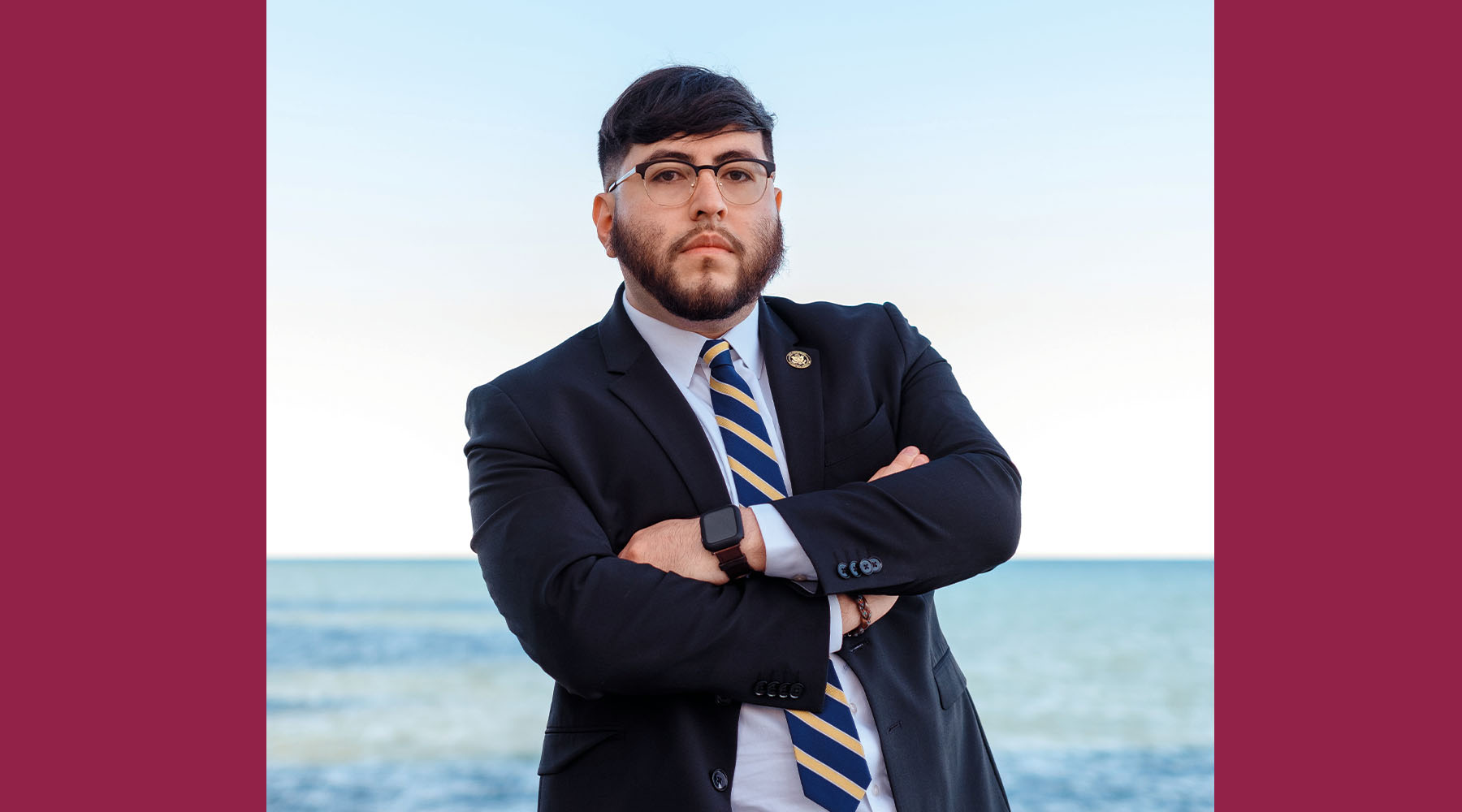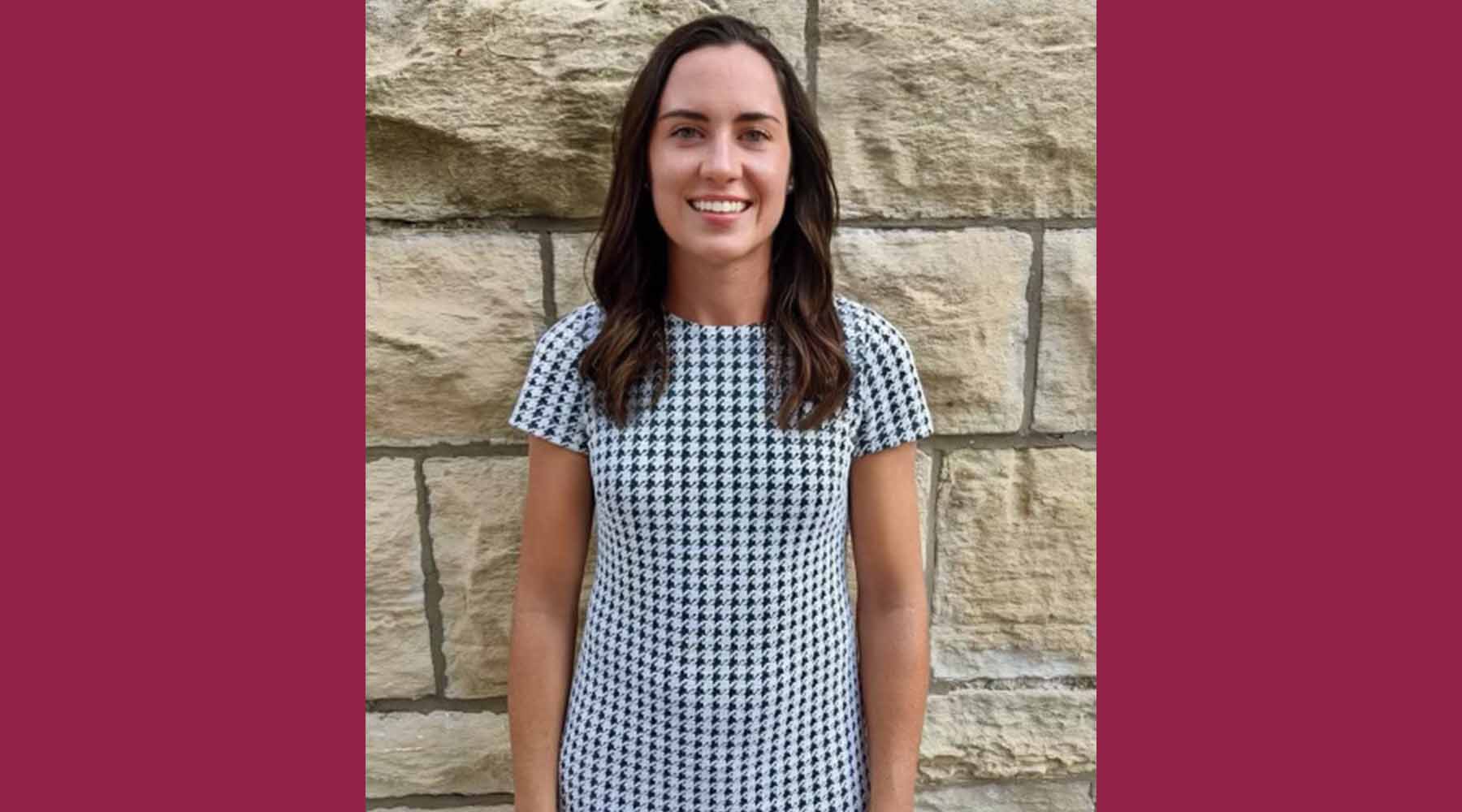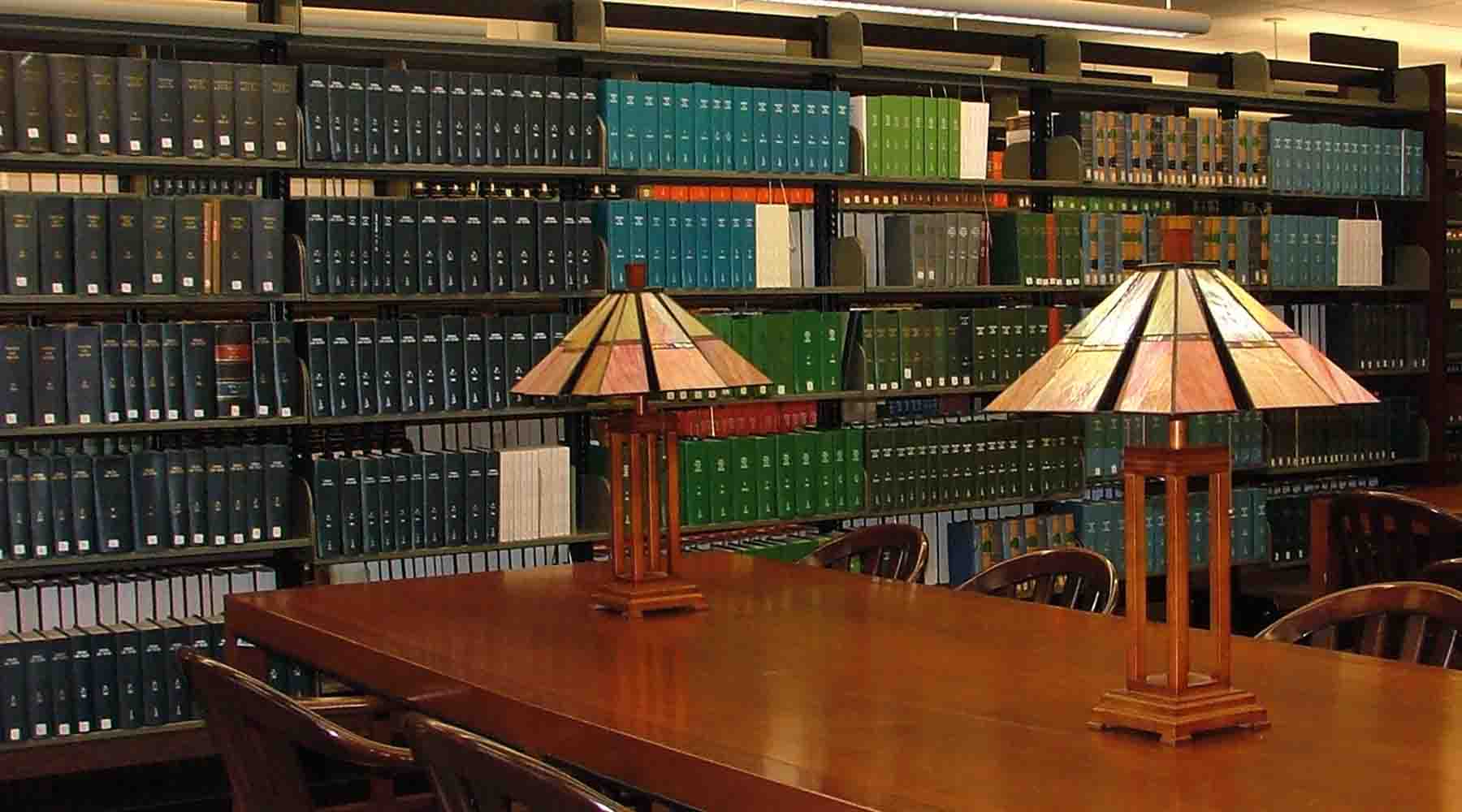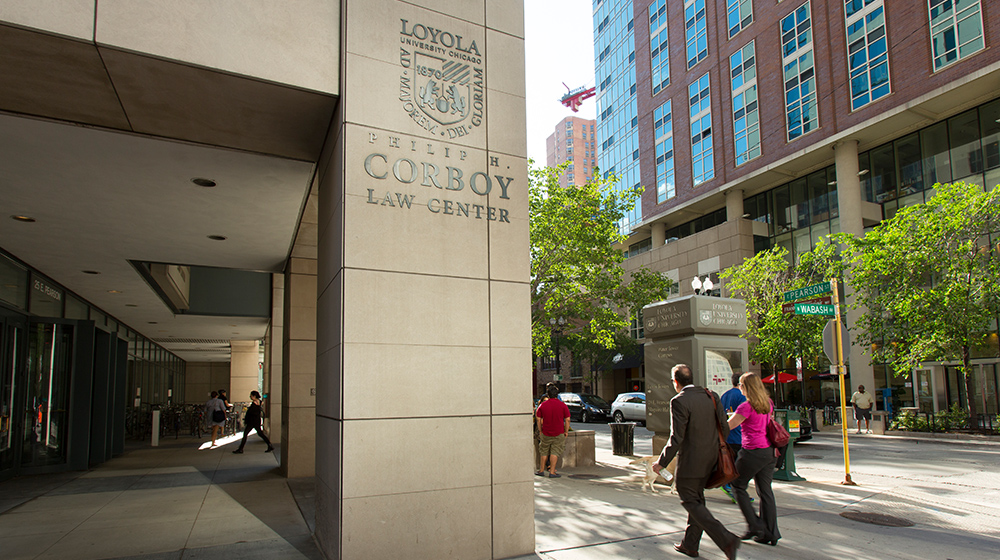Jackie McDonnell (JD ’21)
Law Clerk
U.S. District Court, Southern District of Florida
Most fulfilling part of this job: the ability to directly assist a judge throughout the litigation process. At every stage, judges rely on their law clerks to provide meticulous work that is accurate and to the point. During my clerkship, I have constantly sought to improve my work product so that it best serves my judge.
Most important skills: A clerk’s work consists of research and writing on various procedural and substantive issues presented in a case. A clerk ultimately provides a proposed order or memorandum on those issues for the judge’s review. While researching, writing, and editing, clerks learn how to think efficiently, practically, and fairly—as judges do.
How Loyola prepared me: Loyola University Chicago School of Law provided me with professors who cared immensely about the development of my legal research and writing skills, [who] provided extensive feedback on the various assignments and discussed that feedback with me during one-on-one meetings. And my professors all drew on extensive and impressive legal experience. One professor, for instance, shared stories and insights from oral arguments that he delivered before the U.S. Supreme Court.
The co-curriculars that I participated in at Loyola also required me to improve my legal skills by leaps and bounds. For example, when I worked as a research assistant as a rising second-year law student, I assisted my professor in writing law review articles and in co-editing her civil procedure textbook. As an extern to a federal judge in the Northern District of Illinois, I drafted proposed orders on various legal matters, which provided me with early glimpses into the work of the court before beginning my clerkship. On the Loyola Law Journal, I developed the patience needed to meticulously edit writing and legal citations. And as a member of Loyola's Moot Court Program, I learned the value of preparation--and one of the most important things as a law clerk is to be prepared! Ultimately, Loyola consists of faculty and staff who sincerely care about students' personal and professional development. I join so many who are deeply grateful to the school, and I am very proud to be an alum.
